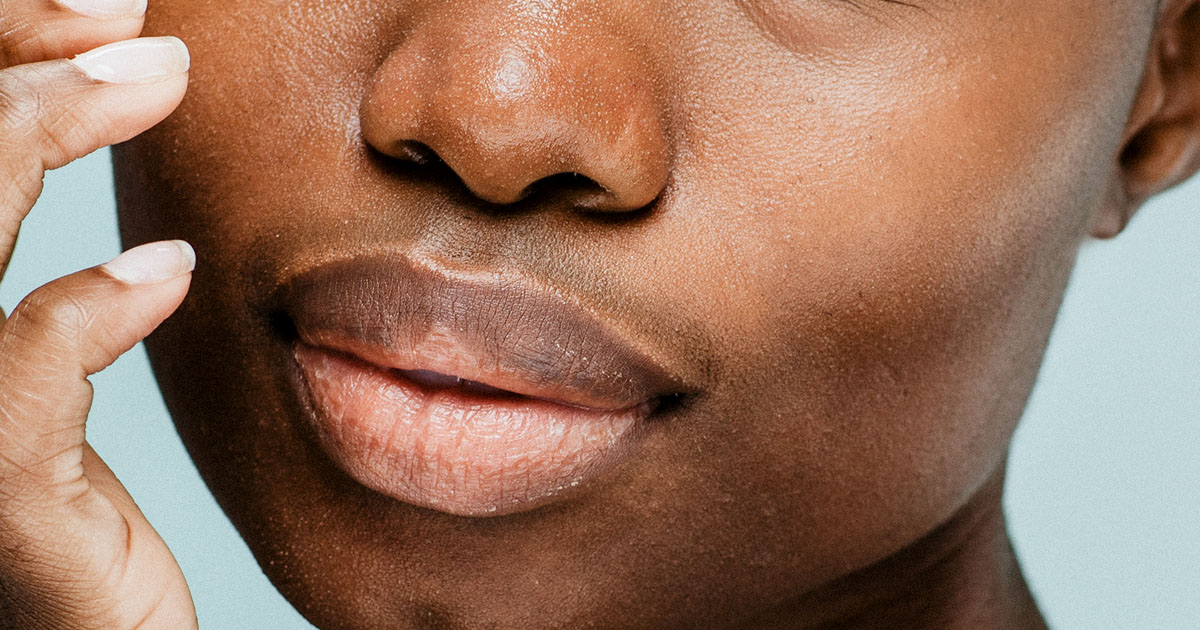We frequently concentrate on the outward components of skincare, such as cleansing, toning, moisturizing, etc. However, your internal health also has an impact on your skin, just like it does on the other organs in your body.
Vitamins are essential for immune system stimulation, cell renewal, DNA damage repair, and nutrient utilization. Therefore, if your body is lacking in these vital nutrients, it may manifest as wrinkles, dehydration, or in more severe situations, infections, on your skin.
We spoke with SkinKraft Laboratories’ Head of R&D, Dr. Kaustav Guha, to get you a list of vitamins you can include in your diet to achieve radiant, healthy skin.
Vitamin A Beta-carotene is a common form of this fat-soluble vitamin that can be found in food and supplements. Strong antioxidants like this one are frequently found in moisturizers, anti-aging serums, sunscreens, and other cosmetic products.Vitamin A not only helps you get well-hydrated, youthful skin but can also help to fight skin issues such as acne.
Benefits
promotes cell division and renewal, which revitalizes your skin’s dermis and epidermis, the upper and lower layers combined.
increases the production of collagen, which smoothes the skin and reduces wrinkles and fine lines.
reduces damage from the sun’s harmful UV rays by scavenging the free radicals on your skin.
encourages the skin’s sebaceous glands to release oil, keeping your skin hydrated.
accelerates the healing of wounds and strengthens the skin’s innate immune system.
Recommended Dietary Allowance (RDA)
A healthy adult needs 700 micrograms (mcg) of vitamin A daily for men and 900 micrograms (mcg) for women.
foods high in vitamin A
Sweet potatoes, pumpkins, oranges, papayas, mangoes, and yellow bell peppers are examples of orange or yellow produce and fruits.
green leafy vegetables—broccoli, spinach, etc.
Eggs, beef liver, cod liver oil, etc.
cheese, ice cream, and other dairy products, as well as fortified milk.
Vitamin C
Also known as ascorbic acid, this water-soluble vitamin is present in high amounts in the skin of healthy individuals. Your skin is protected by vitamin C in several ways. Despite being uncommon, vitamin C deficiency can have a disastrous effect on your skin.
Advantages
In addition to lowering inflammation, vitamin C is essential for the immune system to operate properly. It may aid in the prevention of skin cancer and is a potent antioxidant as well.
It encourages the production of collagen, which maintains the firmness of your skin and aids in the healing of scars and wounds.
Consuming enough vitamin C may also lessen photodamage brought on by the sun’s harmful UV rays.
For radiant skin and an even skin tone, vitamin C is necessary.
Dietary allowance that is advised (RDA)
In normal, healthy conditions, men need 90 mg of vitamin C per day, and women need 75 mg.
foods high in vitamin C
Fruits with citrus flavors, like grapefruit, tangerines, and lemons.
Broccoli, green and red peppers, tomatoes, and other vegetables.
Other fruits like cantaloupes, strawberries, kiwis, etc.
Recommended Daily Allowance (RDA)
Under normal, healthy circumstances, women require 75 mg of vitamin C daily and men require 90 mg.
foods rich in vitamin C
citrus-flavored fruits, such as lemons, tangerines, and grapefruits.
broccoli, tomatoes, red and green peppers, and other veggies.
Other fruits, such as kiwis, strawberries, cantaloupes, etc.
Helps to reduce dark spots and wrinkles.
Makes your skin look smooth and refreshed.
Recommended Dietary Allowance (RDA)
For a healthy adult, 15 mg of vitamin E should be consumed daily.
foods high in vitamin E
Nuts like peanuts, hazelnuts, almonds (which contain a high percentage), etc.
vegetable oils derived from safflower, sunflower, wheat germ, etc.
foods with added nutrients, like spreads and cereal for breakfast.
Vitamin D
Vitamin D can be synthesized by your body when your skin is exposed to direct sunlight for a few minutes every day. However, extended sun exposure can cause skin cancer, so it’s best to stay out of the sun—especially if you’re not using a sunscreen with a high SPF. The good news is that you can also get enough vitamin D from your diet, as we’ll discuss in the section below.
Benefits strengthen the skin barrier’s protective capacity against pathogens and hazardous substances.
prevents dehydration of the skin by retaining moisture.
boosts the generation of immune system cells, enhancing skin immunity. regulates immune cell activity in order to prevent hyperactivity of the immune system.
Vitamin D also has antimicrobial effects on the skin.
regulates the sebaceous glands of the skin, which regulate the secretion of oil.
Dietary allowance that is advised (RDA)
For a healthy adult, 20 mcg of vitamin D should be consumed daily.
foods high in vitamin D
dairy goods, including cheese, butter, and milk.
fish, eggs, and fish liver oil.
plant-based milk, yogurt, juices, and breakfast cereals that have been fortified with the appropriate amount of vitamin D.
Maintaining healthy, balanced skin from the inside out is greatly aided by a well-balanced diet. Vitamins can have a significant impact on the appearance and feel of your skin, even though they are only slightly necessary. Lack of these vital nutrients can cause your skin to become dry, irritated, prone to infections, and breakouts. Additionally, vitamins shield your skin from dangerous conditions like skin cancer and infections. See your doctor and begin taking vitamin supplements if you believe your regular diet isn’t providing you with enough vitamins.

